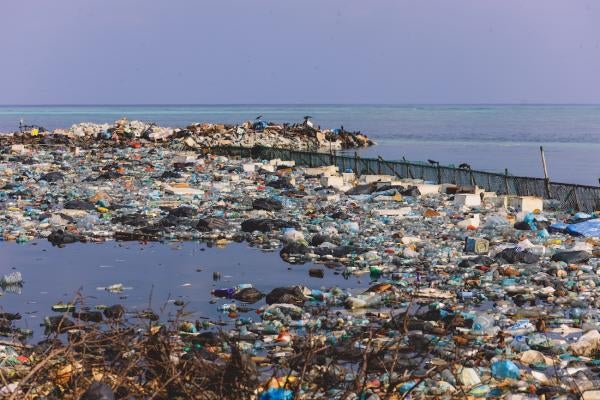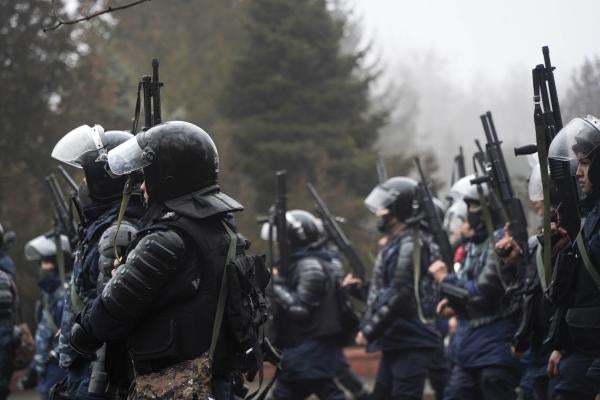Gold, silver, ancient Greek artifacts, paintings. religious icons, historical documents…
These are just some of the things Russian soldiers stole from museums, the cathedral, and other institutions in Kherson, Ukraine, during their eight-month occupation of the city.
In an armed conflict, however, it’s not called “stealing.” It’s called “pillage.” And pillagers are not common art thieves. They are war criminals.
Add it to Russia’s other war crimes and apparent war crimes in Ukraine: torture, execution, enforced disappearance, indiscriminate bombing, spreading terror…
Throughout their occupation of Kherson, from March 2 to November 11, but especially in the last three weeks, Russian forces and civilians acting under their orders looted several sites. These included the Kherson Regional Art Museum, the Kherson Regional Museum, St. Catherine’s Cathedral, and the Kherson Region National Archives.
It was not random, spur-of-the-moment plunder – the odd soldier grabbing a souvenir. This was systematic.
For example, at the Kherson Regional Art Museum, Russian forces brought in ten apparent art specialists from October 31 to November 4. With their advice and the support of at least 30 other people, they stole some 10,000 items from the museum’s collection of about 13,500 artworks.
They were mostly paintings by renowned Ukrainian, Russian, and other 19th- and 20th-century European artists. They hauled the looted art away in two trucks.
At St. Catherine’s Cathedral, Russian forces stole the bone fragments of Prince Grigory Aleksandrovich Potemkin, the imperial founder of Kherson, who oversaw the building of the cathedral in the 18th century.
From the Kherson Region National Archives, Russian forces looted important historical documents from the 18th and 19th centuries, valuable regional maps and urban plans, a large collection of pre-war newspapers, and almost everything related to the pre-revolutionary period.
This pillaging was an organized operation to rob Ukrainians of their national heritage. As with Russian forces’ other war crimes, it must be prosecuted.







